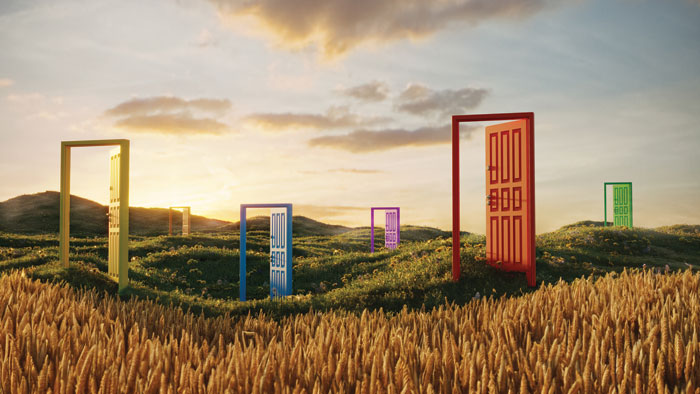 Eoneren/Getty Images
Eoneren/Getty Images In so many ways we live in a bleak and difficult time. And as always, we address life somewhere between the constraints and opportunities that reality presents to us and the choices that we make in the face of that reality. I think about that dynamic tension in the light of the Festival of Shavuot, which celebrates the giving of the Torah at Mount Sinai, and also celebrates the barley harvest and the beauty of summer days. That same coupling — of Torah’s revelation, on the one hand, and natural/agricultural reality on the other — is found quintessentially in parsha Behar, which begins, interestingly enough, with this same pivot. God speaks to Moses at Mount Sinai saying, “Speak to the children of Israel and say to them, ‘When you come to the land which I give you, then shall the land keep a Sabbath to the Lord.’”
The rabbis of old posed an interesting question about this odd juxtaposition: “What does the revelation at Mount Sinai have to do with the year of letting our fields lie fallow during the Shemita year, during the sabbatical year?” When I was in rabbinical school (slightly after the Iron Age), I was taught that these verses reflect the opposition between the natural world and civilization, that Shemita has to do with our living in harmony with nature, and that Mount Sinai is an artificial imposition on nature for the sake of (unnatural) morality. In that perspective, Shavuot marks the supremacy of ethics over nature: The giving of Torah imposes itself on a moment of harvest, creating morality in the unnatural display of divine power.
I no longer see a deep dichotomy between morality and nature. Instead, I’ve come to believe that seeing these clusters in opposition is, in fact, the signal mistake of Western civilization: that we never step outside of nature, that our morality itself is an evolutionary product, that we as mammals bubbled up from the experiences of all of our ancestors going all the way back.
It’s not so much nature versus civilization or creation versus revelation. Instead, God provides the backdrop of creation, and within creation invites us to innovate goodness. We find ourselves living in a natural world that we did not choose or create, and the pertinent question is: what are we going do with the world we find ourselves in? How are we going to make it beautiful and blessed and joyous? How are we going make it possible so that we and our loved ones and those who come after us will be able to thrive in this world?
Sinai offers the guidebook for making good choices in the world. Shavuot is all about integrating the two into a grand synthesis of creation and revelation together.
Shemita, in that light, is what we do to keep nature vibrant. Sinai offers the guidebook for making good choices in the world. Shavuot is all about integrating the two into a grand synthesis of creation and revelation together.
Shavuot reminds us that we as a community must, despite the challenges, continue to lean into curiosity, possibility, compassion, and love. In life, we all face mighty constraints. We participate in communities that already have a history. They already have a culture. They already have wounds and challenges and traumas. We engage with a society that has trauma at every turn. And we live in an age full of fiscal and existential threats that leave us all in a brutal difficult place.
Back when our species was emerging from the primal sludge, we developed a fear or fight response that served us well. After all, if you’re confronting a saber-toothed tiger, that is no time for nuance. But the contemporary challenge is that we now live eternally in fight or flight. As a result, we are drowning in anxiety, tension, and despair, heightened by social media round-the-clock news, and whipped into a frenzy by advocates so relentlessly partisan that it becomes a sin to listen to someone with whom you don’t agree.
And so how do we, in such a time, carve out a path of life? The Torah offers a lifeline, and a command: “Choose life.” Not because that choice is self-evident; it’s actually hard to do. In a world in which everyone is spoiling for a fight, how do we choose life? How do we stand for love? How do we, in a world of conflict, insist that there’s another way? How do we affirm that this alternative path is a way, not of weakness, but of strength?
Let’s keep affirming the clarion words of Joshua, who is echoing, in turn, the words of his teacher, Moses: “Be strong and courageous. Don’t be afraid. Don’t be dismayed.”
Now I want to point out the bad news hidden in the call to be courageous: nobody says that to someone who’s about to face something really unpleasant. In the real world, there will be serious challenges, and they will be hard. The greatest danger will not be that we can’t overcome them, because we will be able to overcome them. The greatest danger is that we are all prone to despair. We are all easily victimized by our own sense of being squelched. We abandon home, assuming that those who are challenging us are destroying us and, in our terror, we allow ourselves to be remade in their image.
Don’t let the haters alienate us from our truest nature. Don’t despair. Don’t surrender. Don’t become remade with the rigidity and the frailty of the extremists, our true enemies. The best way to fight back is to stay broad-hearted, to stay flexible and open and resilient, to be able to affirm their humanity even as we oppose their injustice.
To all of us, I bless us
• That we are able to step into the world with open and flexible hearts.
• That we build communities of care and presence and diversity.
• That we reach out beyond our borders to find and to create coalitions of well-meaning people with whom we may differ on important points, but who understand the centrality of affirming humanity in a first place.
And in holding these values together, I bless us that we will build in our hearts, with our very lives, tabernacles of purity and of holiness, in which those who are under our care will experience the embrace of angels. We will purify the sanctuaries of our souls; we shall keep the eternal light shining.
And I bless us that those who are in the outer courtyard will remain there, outside.
Rabbi Dr Bradley Shavit Artson, a Contributing Writer for The Jewish Journal, holds the Abner and Roslyn Goldstine Dean’s Chair of the Ziegler School of Rabbinic Studies and is Vice President of American Jewish University in Los Angeles. He is also dean of the Zacharias Frankel College in Potsdam, Germany, ordaining Conservative rabbis for Europe.
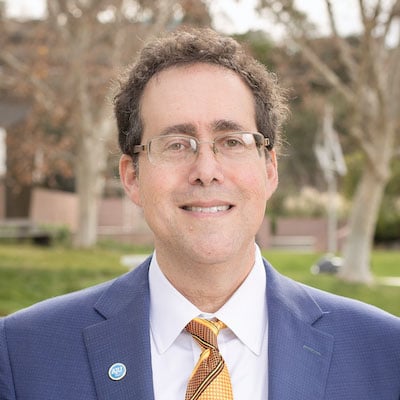






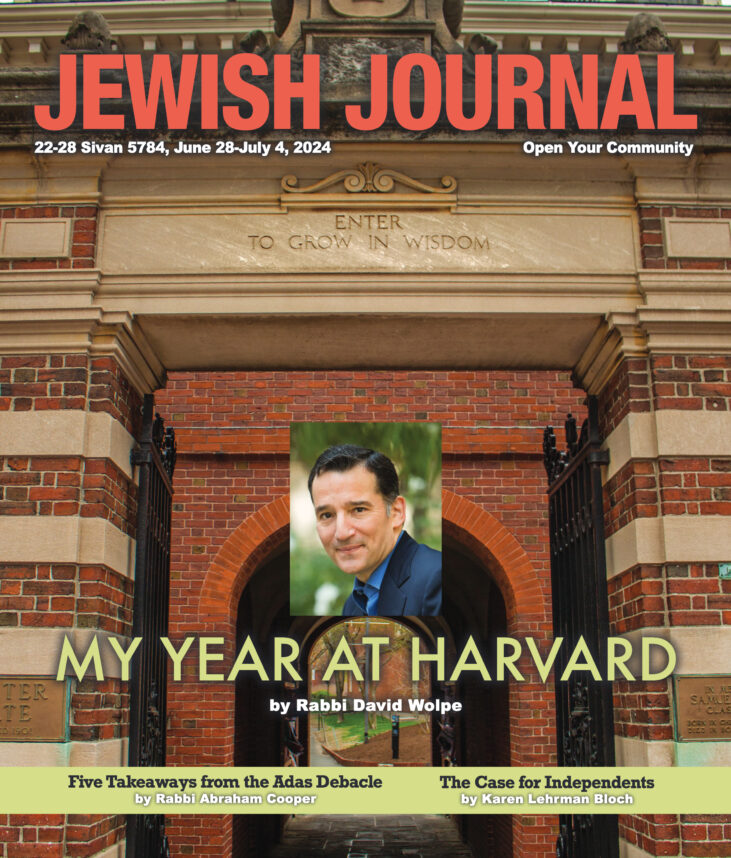
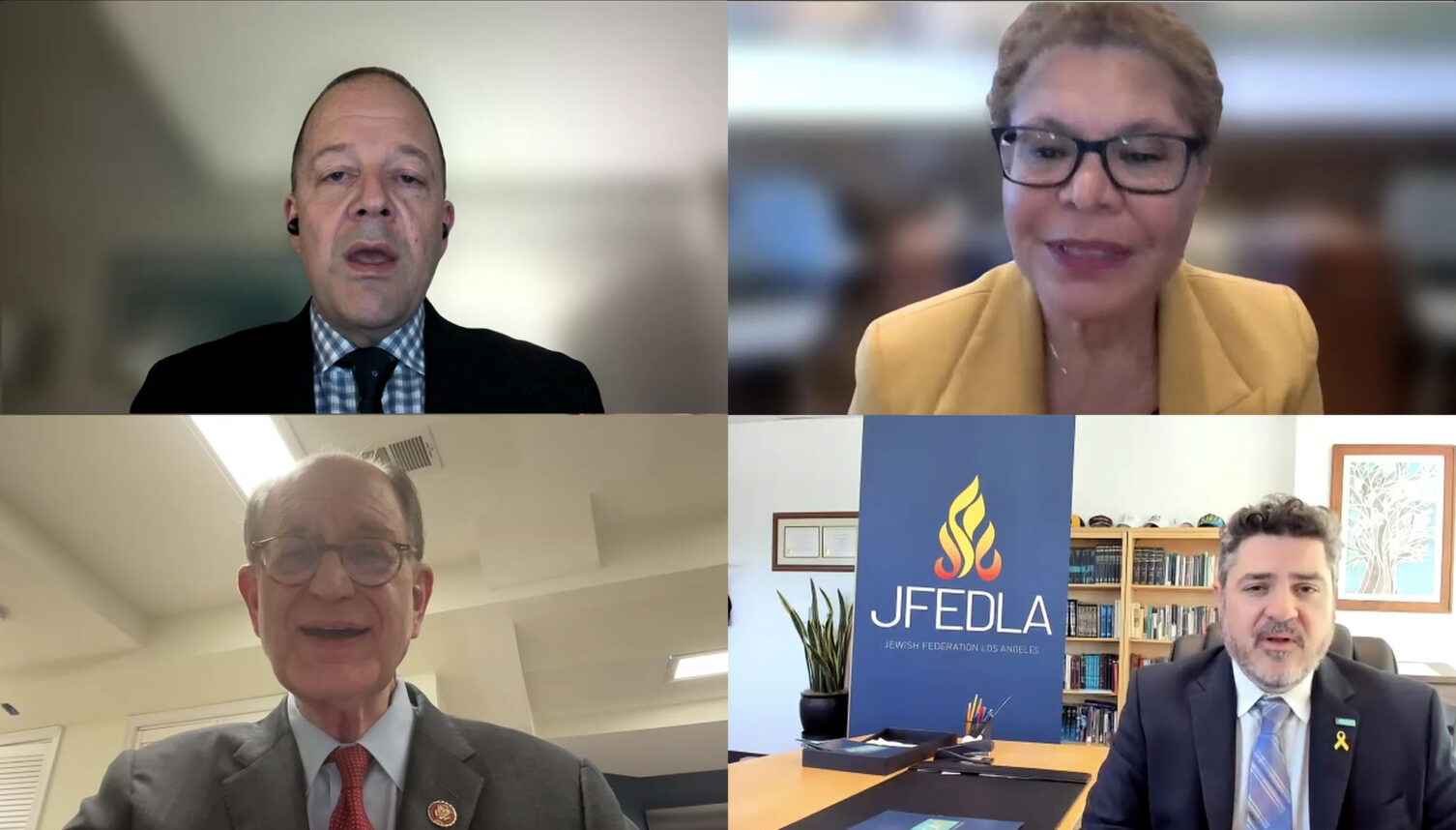

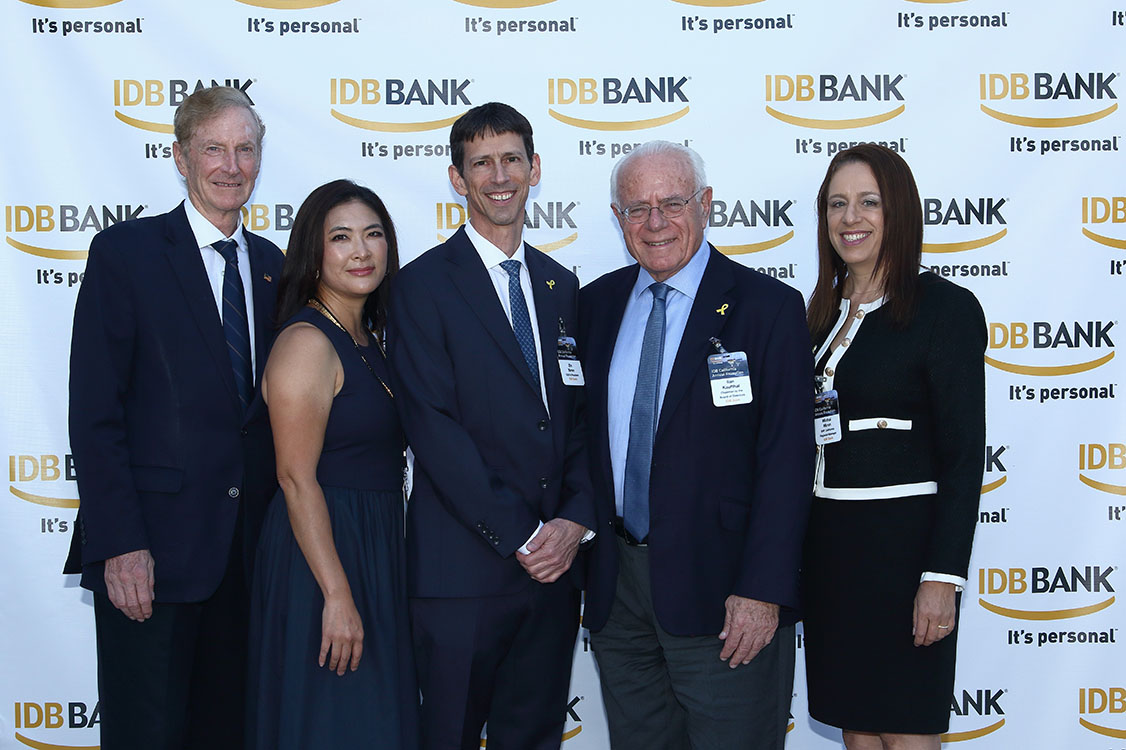
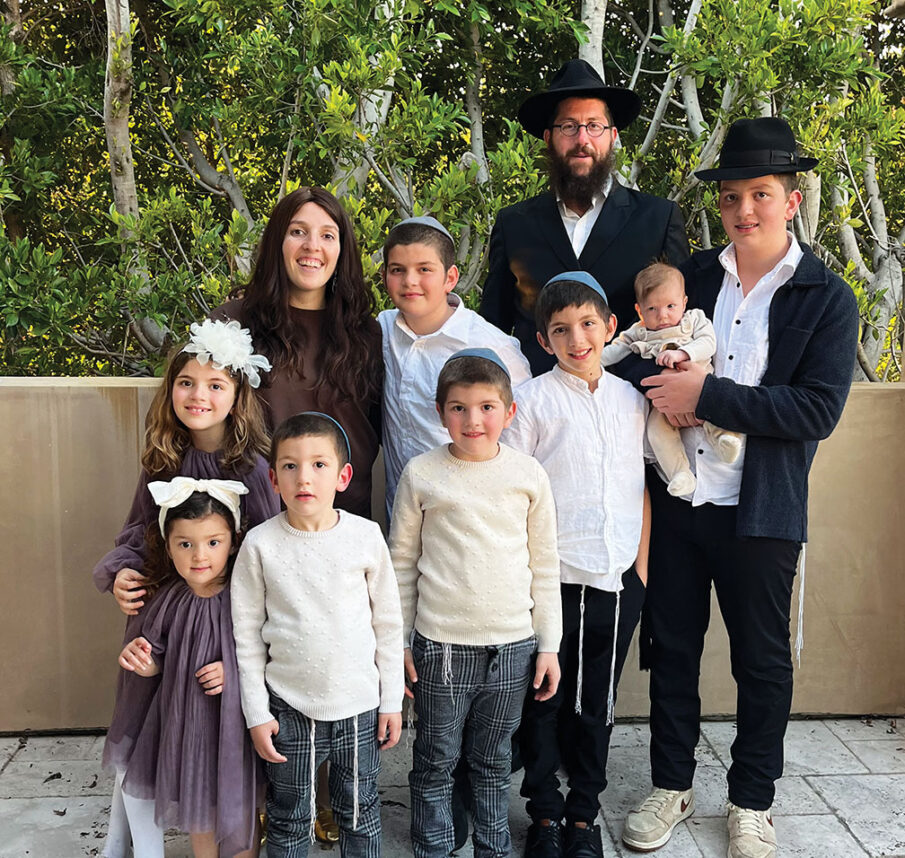

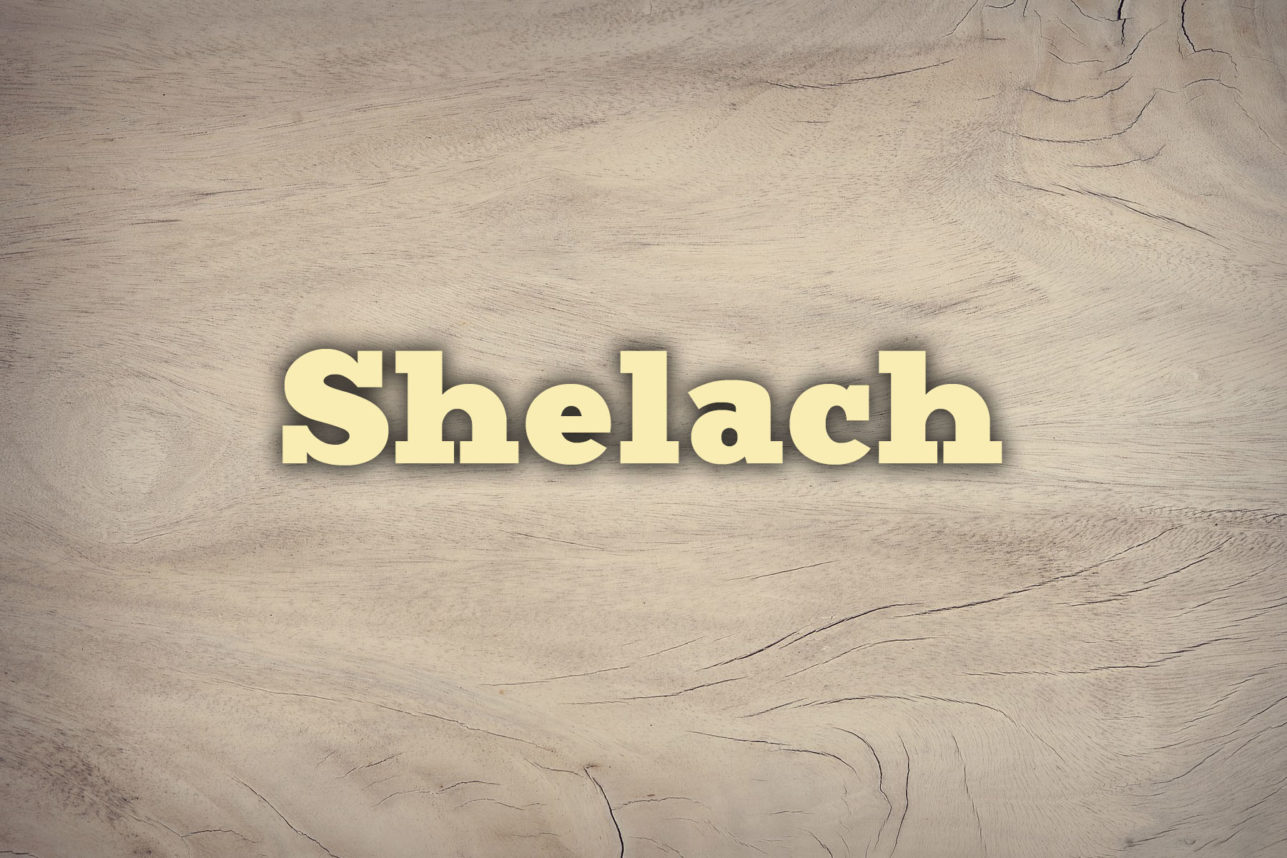
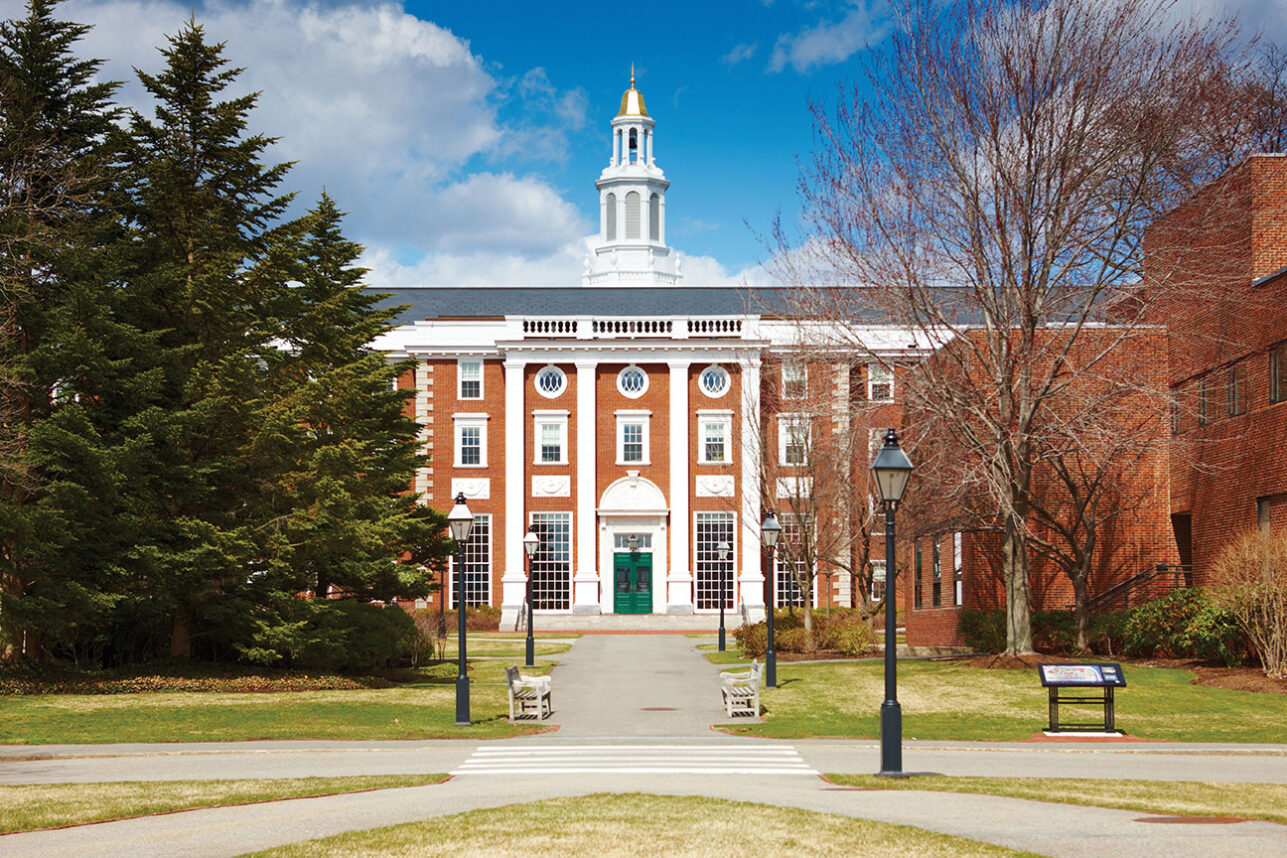
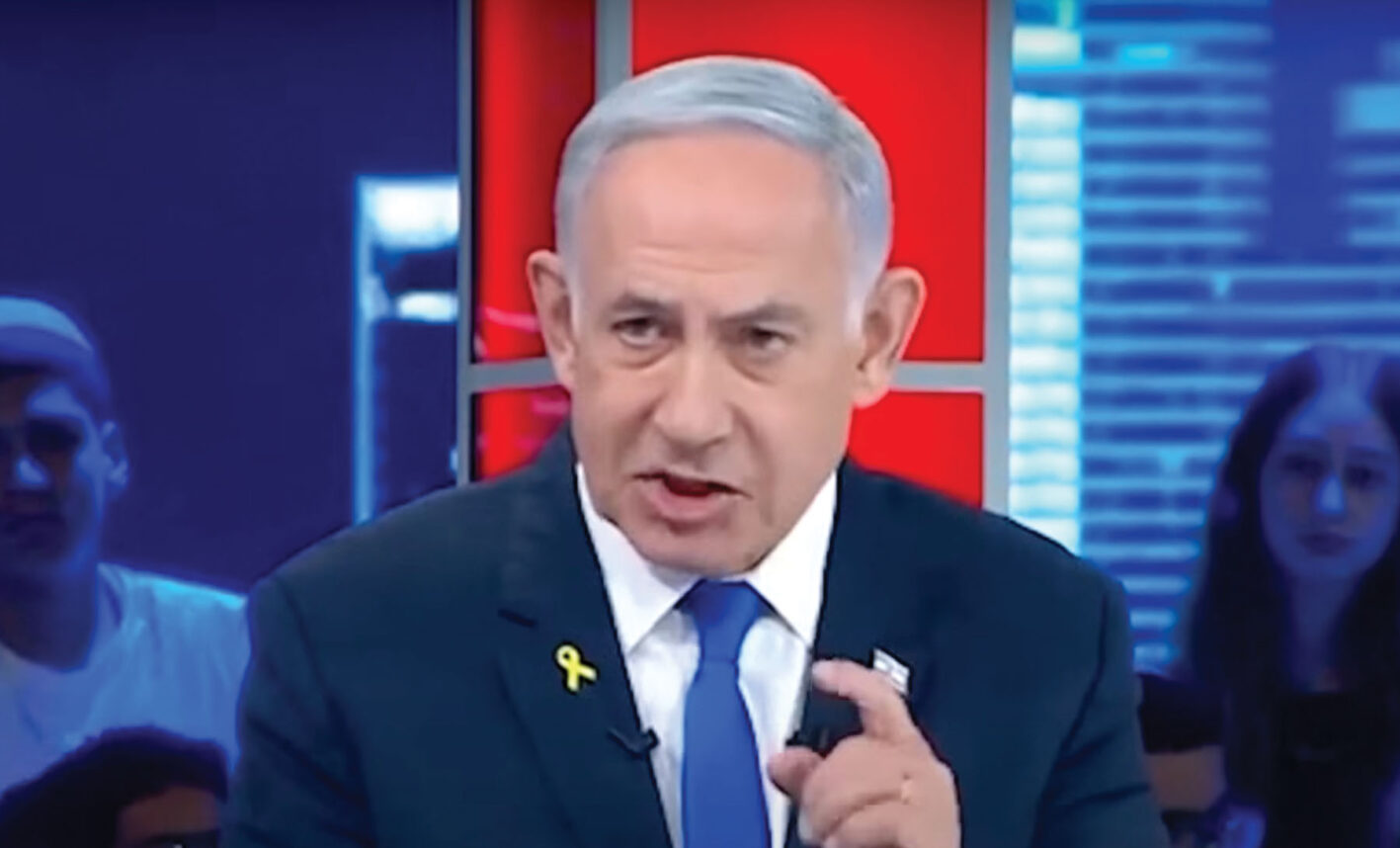
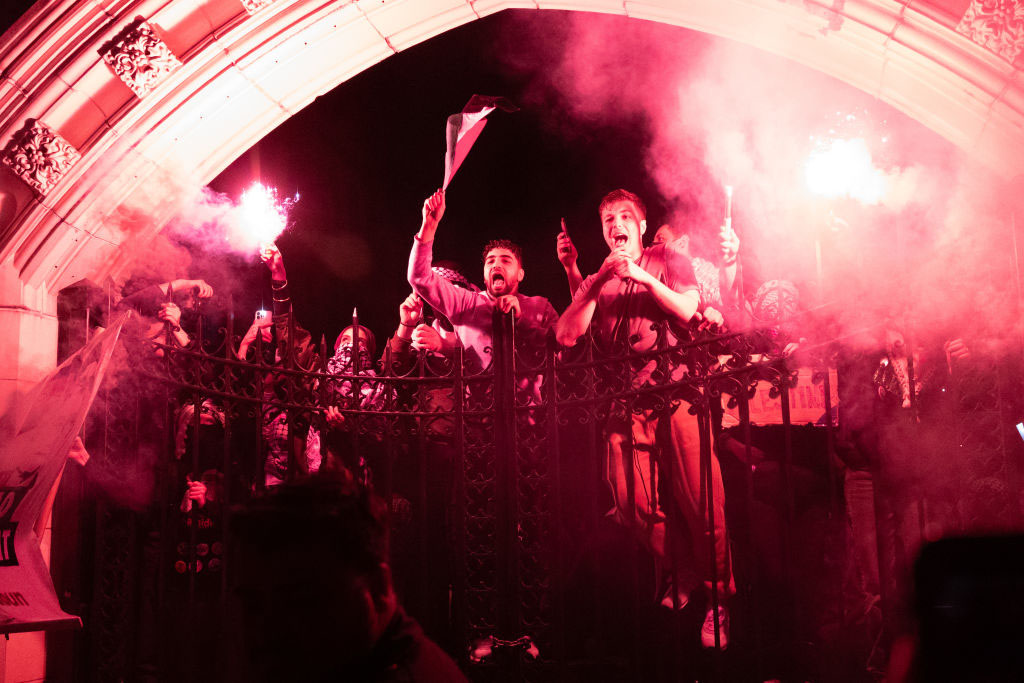




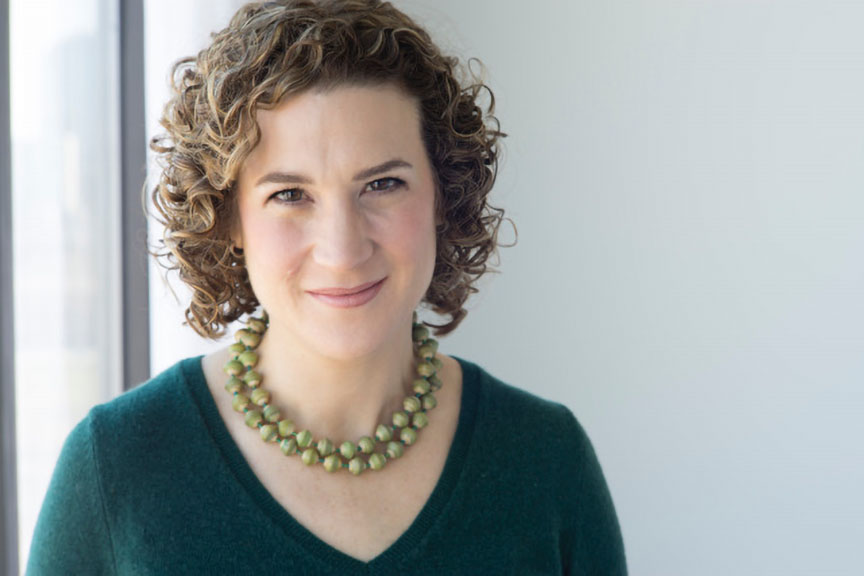
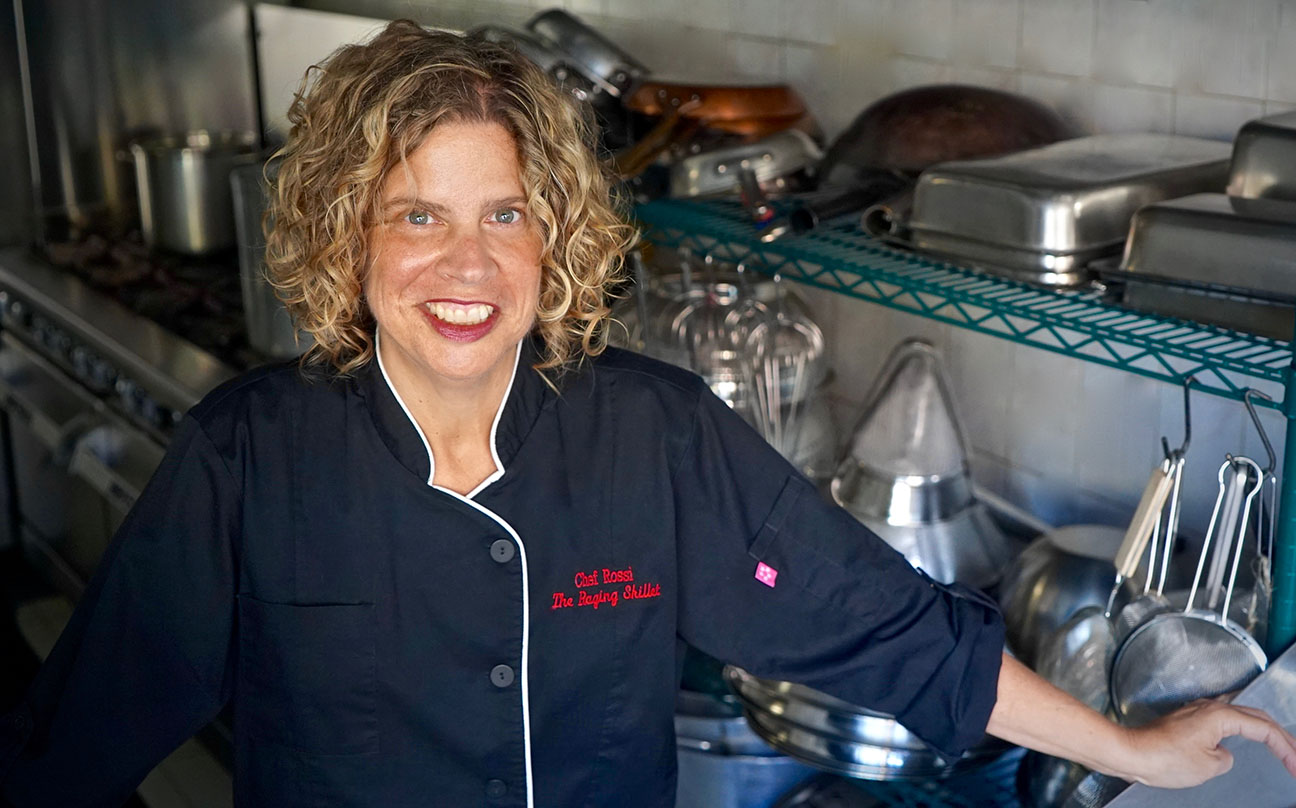
 More news and opinions than at a Shabbat dinner, right in your inbox.
More news and opinions than at a Shabbat dinner, right in your inbox.